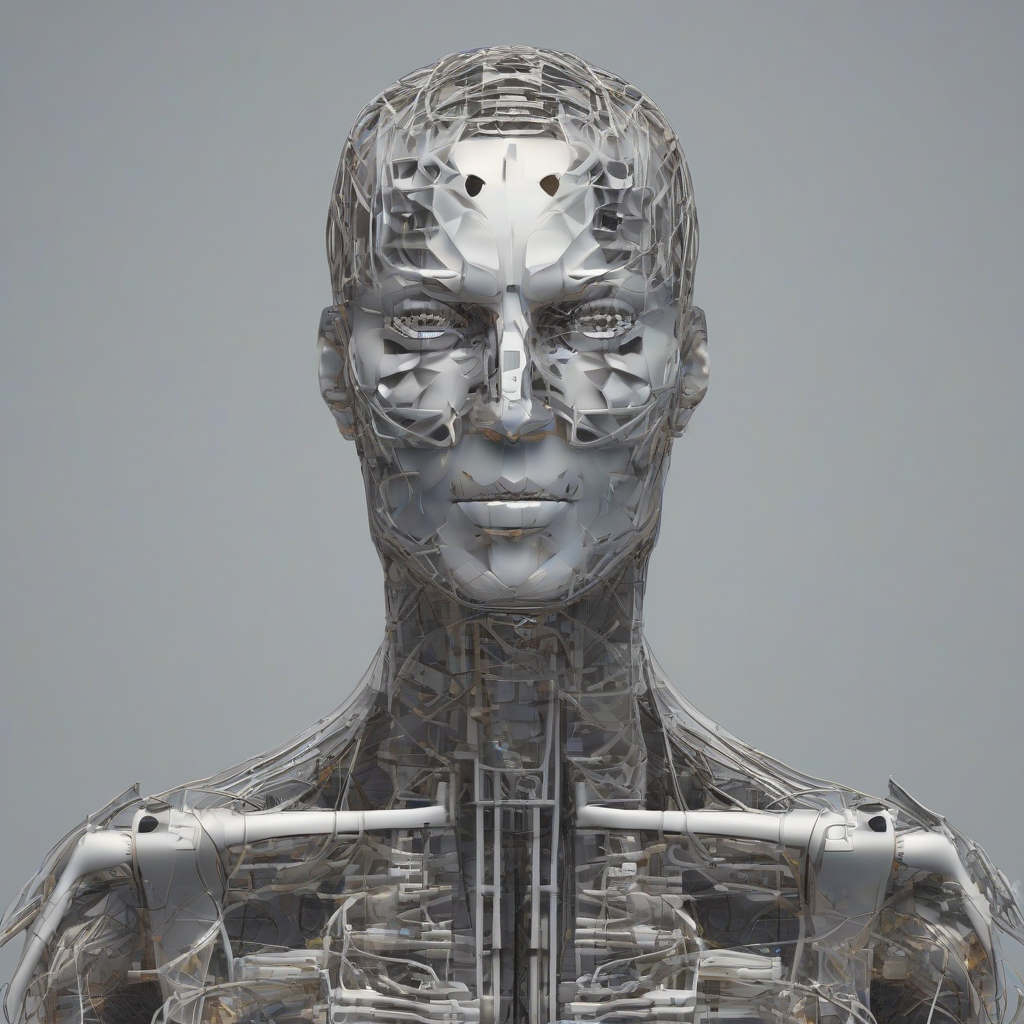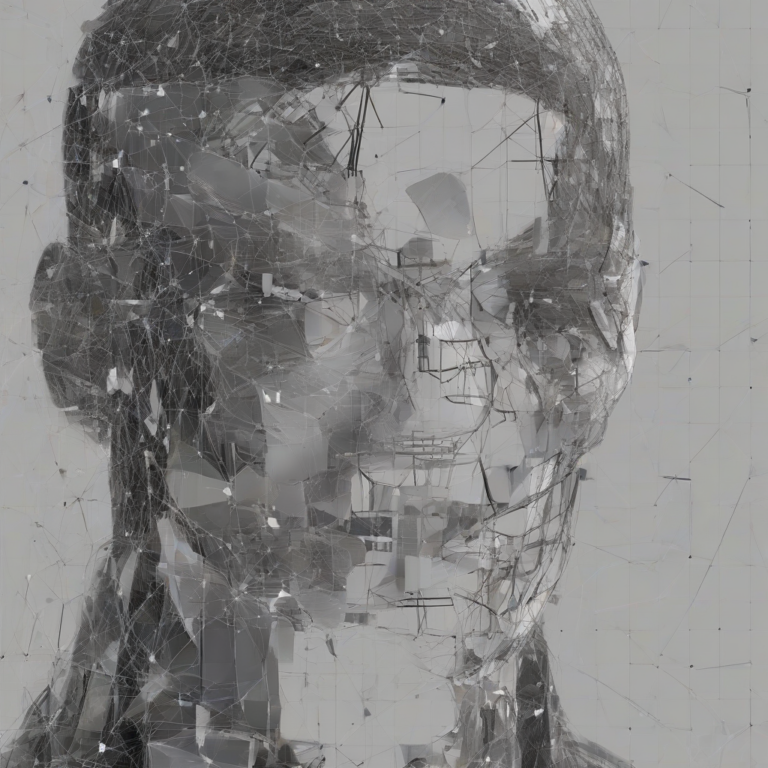Navigating the Complexities of Premise Liability: A Comprehensive Guide to Finding the Right Attorney
Navigating the Complexities of Premise Liability: A Comprehensive Guide to Finding the Right Attorney
Premise liability cases are notoriously complex, involving intricate legal concepts and often demanding substantial evidence to prove negligence. If you’ve been injured on someone else’s property due to their negligence, navigating the legal process can feel overwhelming. This is where a skilled premise liability attorney becomes invaluable. This comprehensive guide will delve into the intricacies of premise liability law, explaining what constitutes negligence, the types of claims, and the crucial role of a knowledgeable attorney in securing your rightful compensation.
Understanding Premise Liability
Premise liability refers to the legal responsibility property owners and occupiers have to ensure the safety of individuals who enter their premises. This responsibility extends to various scenarios, encompassing invitees (customers, guests), licensees (social guests), and trespassers. The level of duty owed to each varies, with invitees typically receiving the highest level of protection. Negligence forms the cornerstone of premise liability claims. To establish negligence, you must demonstrate that the property owner or occupier:
- Owed you a duty of care.
- Breached that duty of care by failing to maintain a reasonably safe environment.
- This breach directly caused your injuries.
- You suffered damages as a result of the injuries.
Establishing each of these elements is critical for a successful claim. The specific details of the accident, including the circumstances surrounding the incident and the extent of your injuries, will be thoroughly investigated by your attorney.
Types of Premise Liability Cases
Premise liability encompasses a broad spectrum of accidents and injuries. Some common examples include:
- Slip and fall accidents: These are prevalent cases involving wet floors, uneven pavement, inadequate lighting, or obstacles obstructing walkways.
- Trip and fall accidents: Similar to slip and falls, trip and falls can result from damaged carpeting, protruding objects, or poorly maintained stairs.
- Dog bites: Property owners are typically held responsible for injuries caused by their dogs, particularly if they knew or should have known of the dog’s aggressive tendencies.
- Assaults and robberies: In some instances, property owners can be held liable for failing to provide adequate security measures, leading to assaults or robberies on their premises.
- Elevator accidents: Malfunctioning elevators can lead to severe injuries, and the owner is responsible for ensuring proper maintenance and safety.
- Parking lot accidents: Poor lighting, potholes, and inadequate security can all contribute to accidents in parking lots.
- Swimming pool accidents: Lack of proper fencing, warnings, or supervision around swimming pools can result in drowning or other injuries.
The Crucial Role of a Premise Liability Attorney
Navigating the complexities of premise liability law requires the expertise of a seasoned attorney. A skilled premise liability attorney will play a pivotal role throughout the legal process, from initial consultation to potential trial or settlement. Their responsibilities include:
- Investigating the accident: This involves gathering evidence, including photographs, witness statements, police reports, and medical records. A thorough investigation is crucial to building a strong case.
- Identifying liable parties: Determining who is responsible for your injuries can be complex, especially in cases involving multiple parties or shared responsibility.
- Negotiating with insurance companies: Insurance companies often attempt to minimize payouts. Your attorney will negotiate on your behalf to secure a fair settlement.
- Filing a lawsuit: If a settlement cannot be reached, your attorney will file a lawsuit and represent you in court.
- Building a strong case: This involves presenting compelling evidence to demonstrate negligence and the extent of your damages.
- Calculating damages: Your attorney will help determine the full extent of your losses, including medical expenses, lost wages, pain and suffering, and future medical care.
- Representing you in court: If the case goes to trial, your attorney will present your case before a judge and jury.
Finding the Right Premise Liability Attorney
Choosing the right attorney is paramount to the success of your claim. Consider these factors when selecting a premise liability attorney:
- Experience: Look for an attorney with a proven track record of success in handling premise liability cases. Review their case history and client testimonials.
- Specialization: While some attorneys handle a range of personal injury cases, specializing in premise liability demonstrates a deeper understanding of the relevant laws and procedures.
- Reputation: Research the attorney’s reputation within the legal community. Check online reviews and seek referrals from trusted sources.
- Communication: Clear and consistent communication is essential. Choose an attorney who is responsive to your questions and concerns.
- Fees: Most personal injury attorneys work on a contingency fee basis, meaning they only get paid if you win your case. Understand the fee structure upfront.
Common Mistakes to Avoid
Making certain mistakes can jeopardize your claim. Avoid these pitfalls:
- Delaying legal action: Statutes of limitations vary by state, so acting promptly is crucial. Contact an attorney as soon as possible after your accident.
- Failing to document the accident: Gather as much evidence as possible, including photos, videos, witness statements, and medical records.
- Speaking to the insurance company without legal representation: Anything you say can be used against you. Let your attorney handle communication with the insurance company.
- Accepting a low settlement offer: Insurance companies often offer lowball settlements. Your attorney can help you assess the value of your claim and negotiate a fair settlement.
- Not following your doctor’s orders: Failing to seek and follow medical advice can weaken your claim. Document all your medical treatment and expenses.
Understanding Damages in Premise Liability Cases
Damages in premise liability cases encompass various financial and non-financial losses. These can include:
- Medical expenses: This includes doctor visits, hospital stays, surgeries, medication, physical therapy, and other related costs.
- Lost wages: Compensation for income lost due to the injury, including current and future lost earnings.
- Pain and suffering: Compensation for physical pain, emotional distress, and mental anguish.
- Property damage: Compensation for damage to personal property caused by the accident.
- Loss of consortium: Compensation for loss of companionship and intimacy for spouses or significant others.
- Future medical expenses: Compensation for anticipated future medical care and treatment.
Accurately calculating damages is crucial for securing a fair settlement or verdict. Your attorney will meticulously document and present evidence to support your claim for damages.
The Importance of Evidence in Premise Liability Cases
Strong evidence is the cornerstone of a successful premise liability claim. This includes:
- Photographs and videos: These visually document the scene of the accident, including the hazardous condition that caused the injury.
- Witness statements: Accounts from individuals who witnessed the accident can provide valuable corroboration.
- Police reports: Official police reports often contain valuable information about the circumstances of the accident.
- Medical records: Detailed medical records document the nature and extent of your injuries and treatment.
- Maintenance records: Records showing the property owner’s knowledge of the hazardous condition and their failure to address it.
- Security footage: If available, security camera footage can provide crucial evidence of the accident and the surrounding circumstances.
Your attorney will work diligently to gather and preserve all relevant evidence to build a compelling case on your behalf.
Conclusion (omitted as per instructions)






